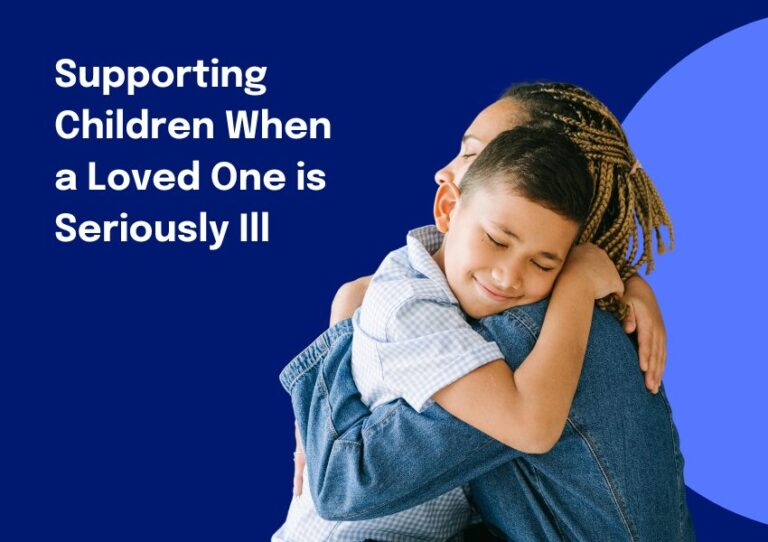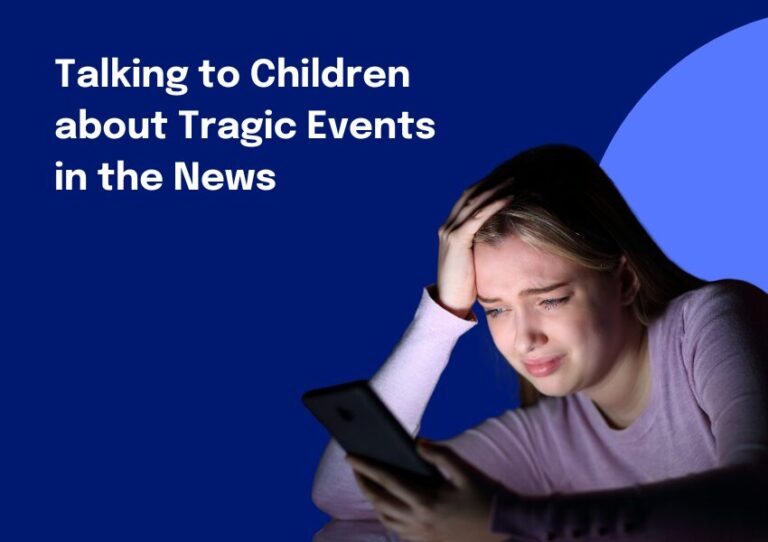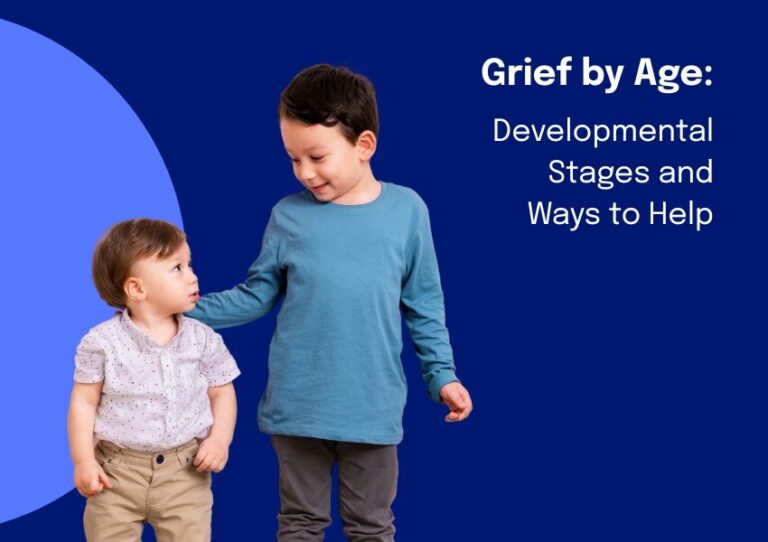What Does Counseling Look Like?
 Therapy can look different based on the type of intervention. It can occur individually, with families and in groups. Often times people imagine sitting across from a clinician talking about their feelings and their past. While this can occur in sessions, many types of psychotherapy involve problem solving and looking at patterns of coping. Therapy can include talking, art, role playing, social skills training and more; it does not look the same for everyone.
Therapy can look different based on the type of intervention. It can occur individually, with families and in groups. Often times people imagine sitting across from a clinician talking about their feelings and their past. While this can occur in sessions, many types of psychotherapy involve problem solving and looking at patterns of coping. Therapy can include talking, art, role playing, social skills training and more; it does not look the same for everyone.
There are different levels of care, but the most common is outpatient treatment. When a youth presents with more serious or complex mental health problems, more restrictive treatments may be needed including intensive outpatient or inpatient services.
Inpatient services can be short or long term. Short term hospitalization can be as few as 3 days but is generally not more than 10 days. Long term hospitalization is generally 3-6 months. Note: while inpatient services may be warranted for short term safety and stabilization, long term outcomes are significantly better with outpatient services. Intensive outpatient services or partial day programs can help the child learn how to apply skills learned in treatment to daily life with the support of caregivers and natural supports.
Therapists are not people who are just “paid to listen to problems”. Clinicians have training in how people change, relationships, work environments, conflict resolution and communication. A critical part of the therapy relationship between Clinician and patient is trust. It is important to find a provider you feel comfortable with; being able to be open and honest with your Clinician can affect how you make progress in treatment.
For many types of therapy, the Clinician encourages you to talk about your feelings. It can be hard at first to open up, but over time, you will become more comfortable. For some people it is difficult to even figure out what they are feeling. Your clinician can help you feel more confident is identifying and expressing your emotions.
Evidence Based Practices
Evidence based practices are used widely in counseling. These are clinical practices that have clinical research to support their efficacy in treating certain disorders. Clinicians should be able to describe the strategies they will use to treat the identified problem/disorder. You should feel comfortable asking the provider if they are trained in any evidence based approaches and for more information about a specific intervention.
After Sessions
At times therapy can include intense emotional discussions which leave a patient feeling vulnerable or exhausted. The Clinician is there to help develop ways to cope with these feelings. They may also assign “homework” between sessions to help an individual practice skills learned in session in daily life. Homework helps an individual make active changes to their traditional ways of coping or thinking. Sometimes even being more aware of patterns of functioning can be the key to change.
Clinicians work to help individuals and families learn skills to manage difficult experiences and emotions. This is a process and early on those skills might not be developed yet; sometimes things might “get worse” before they get better. Be patient and know that things can get better, but know change takes time.
Length of Treatment
Many people believe that treatment lasts a long time. Many individuals respond with a short term intervention of a few sessions. The length of treatment depends on a number of different factors:
- Your particular mental illness or situation
- Current environmental stressors
- How severe the symptoms and how much they interfere with daily functioning
- How long symptoms have been present
- How much support you receive from family members and others
Treatment is a process and everyone heals at a different pace. Be patient! If you feel like things are not progressing, talk to the clinician about your concerns. Therapists want to know what is working and what is not.
What Success Looks Like
Success looks different for each individual person and family and is determined by YOU! Therapists are there to support, encourage and help look at things in a different way. They are hoping individuals and families gain skills and insight into how to work through challenges that may come up. Overall, clinicians want you to feel more satisfied, confident and hopeful about your future.



